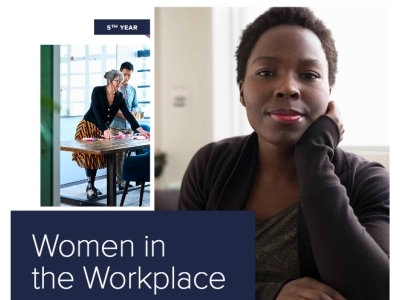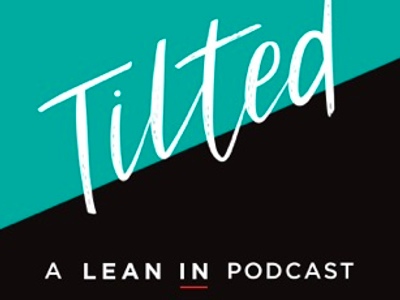Jessica Chivers is the author of Mothers Work! How to Get a Grip on Guilt and Make a Smooth Return to Work (Hay House, £10.99). She is the founder of The Talent Keeper Specialists, an organisation helping employers hang on to and support their female talent during career transitions. See www.talentkeepers.co.uk and follow @TalentKeepersUK on Twitter.
This article is also available as nine short podcasts (totalling 38:28) on soundcloud.
Chapter 2 – Sit at The Table
Where we discover Sheryl continues to feel like a fraud at times; the power of the ‘fake it til you feel it’ technique she learned whilst an aerobics instructor in the 80s; how doing the wide-open warrior poses 1, 2 and 3 from yoga can help us take more career-enhancing risks and why women must take the initiative much more than they tend to (the ‘don’t wait for someone to notice your brilliance, ask for it’ philosophy – see the ‘Rocket Women’ posts on The Talent Keeper Specialists ‘latest thinking’ page – www.talentkeepers.co.uk for ideas and inspiration). The personal revelations pour out about how her hide-my-light-under-a-bushel approach at college backfired, what she’s learnt and how she tries to do things differently. She’s self aware, humble, honest and reading chapter two I feel almost capable of being the COO of Facebook. If Sheryl Sandberg carries this baggage around with her and is deemed a success, then I must make more of myself!
The bits I’ve underlined:
- On undoing inaccurate thinking: “These experiences taught me that I needed to make an intellectual and an emotional adjustment. I learned over time that while it was hard to shake feelings of self doubt I could understand there was a distortion. I would never have my brother’s effortless confidence, but I could challenge the notion that I was constantly headed for failure. When I felt like I was not capable of doing something, I would remind myself that I did not fail all my exams in college. Or even one. I learned to undistort the distortion.”
- Scientific proof for the power of fake-it-til-you-feel-it: “One tactic I’ve learned is to ‘fake it til you feel it.’ Research backs up this ‘fake it til you feel it’ strategy. One study found that when people assumed a high-power pose (for example, taking up space by spreading their limbs) for just two minutes their dominance hormones (testosterone) went up and their stress hormone levels (cortisol) went down. As a result, they felt more powerful and in charge and showed a greater tolerance for risk. A simple change in posture led to a significant change in attitude.”
- Taking the initiative and saying yes: “…increasingly, opportunities are not well defined but, instead, come from someone jumping in to do something. That something then becomes his job.”“Padmasree Warrior, Cisco’s Chief Technology Officer, was asked by the Huffington Post, ‘what’s the important lesson you’ve learned from a mistake you’ve made in the post?’ She responded ‘I said no to a lot of opportunities when I was just starting out because I thought that’s not what my degree is in or I don’t about that domain. In retrospect, at a certain point it’s your ability to learn quickly and contribute quickly that matters. One of the things I tell people these days is there is no perfect fit when you’re looking for the next big thing to do. You have to take opportunities and make an opportunity fit for you, rather than the other way around. The ability to learn is the most important quality a leader can have.”








